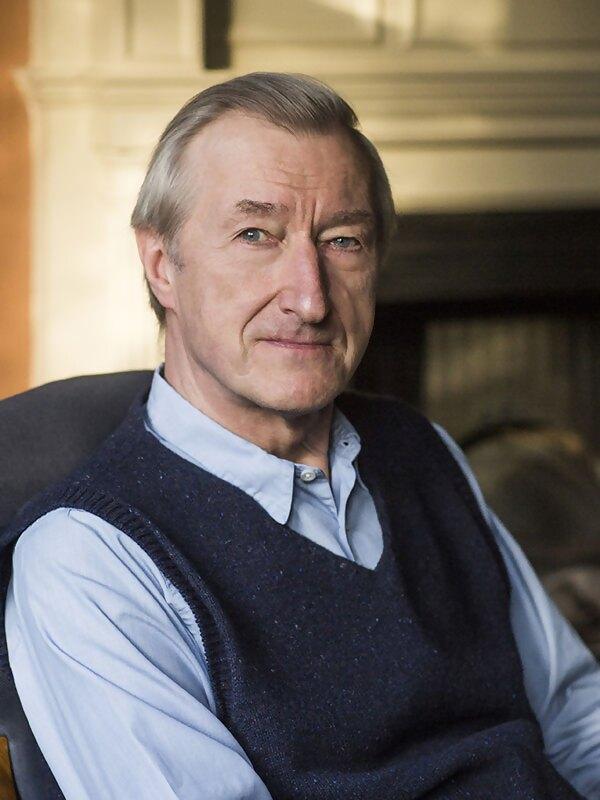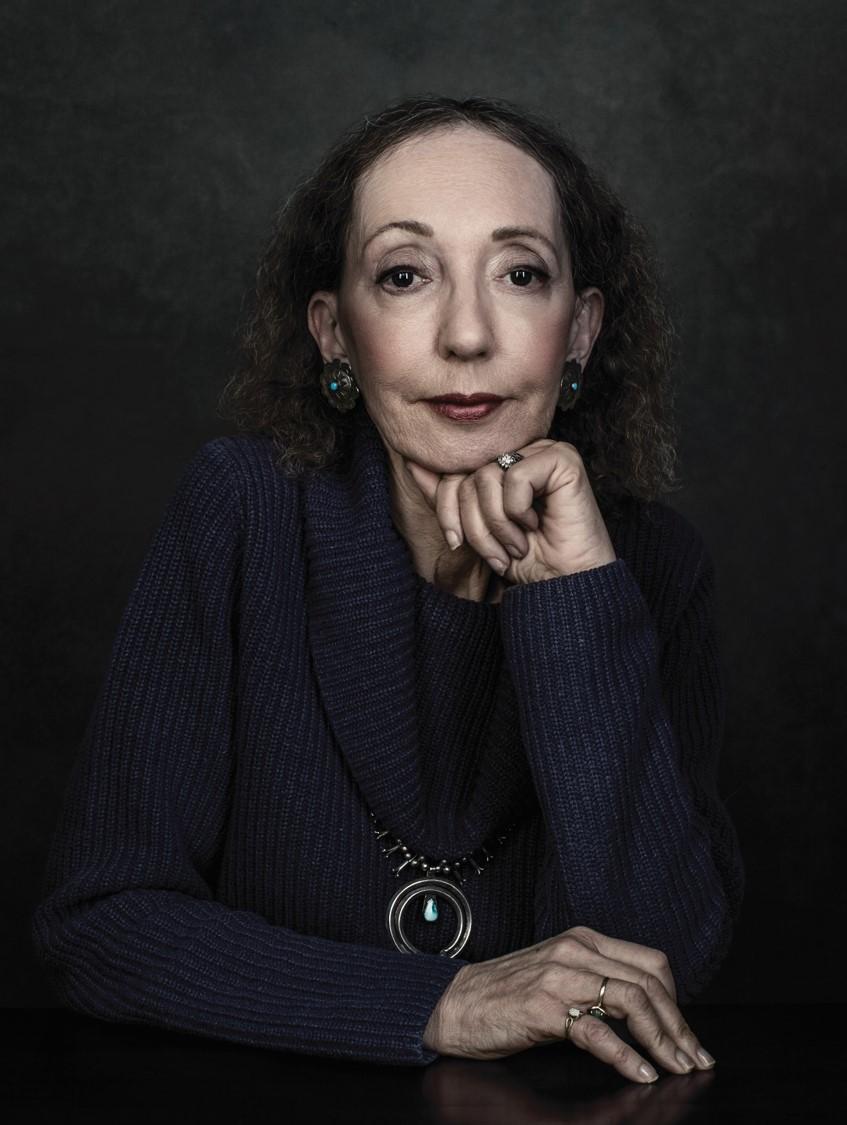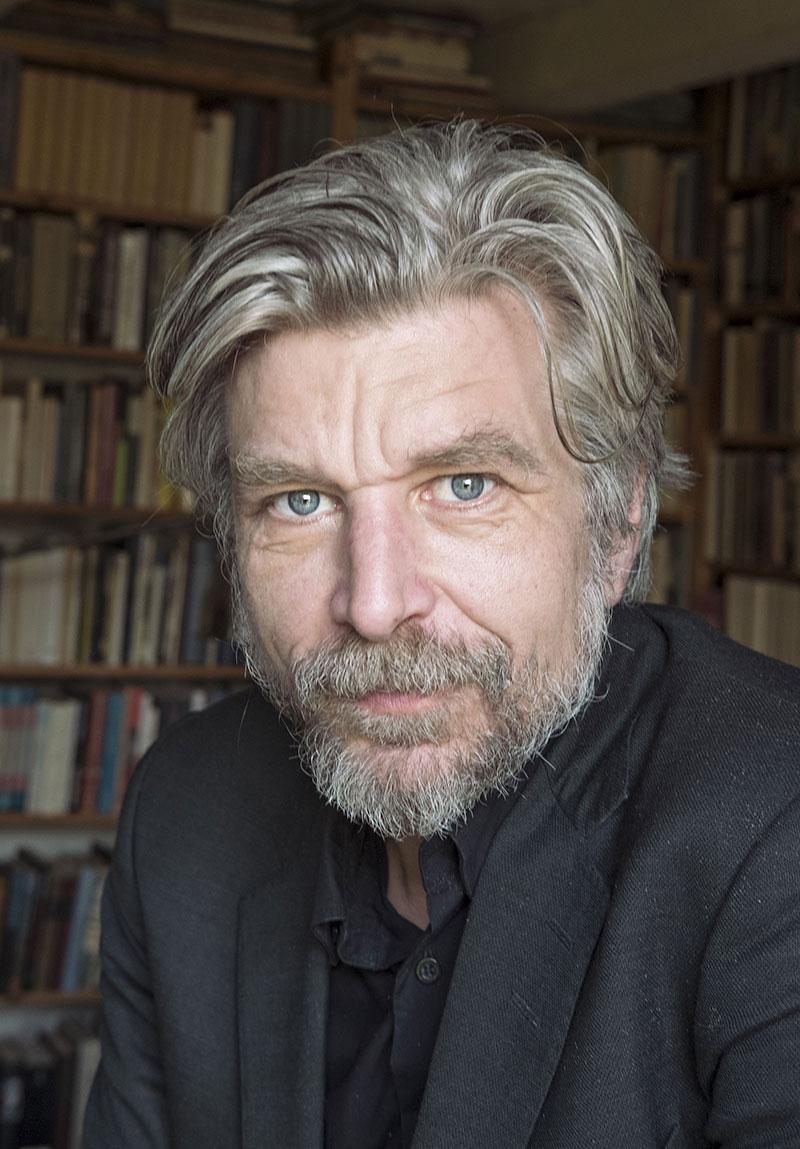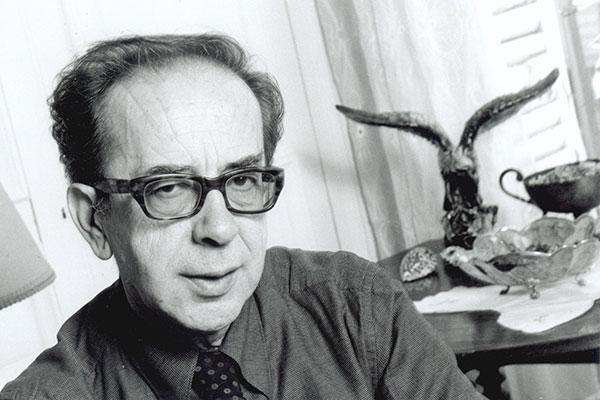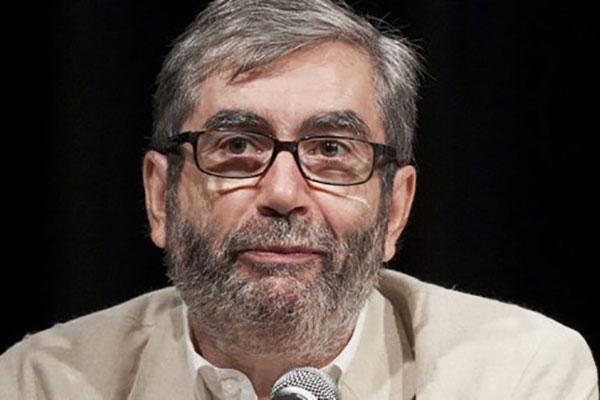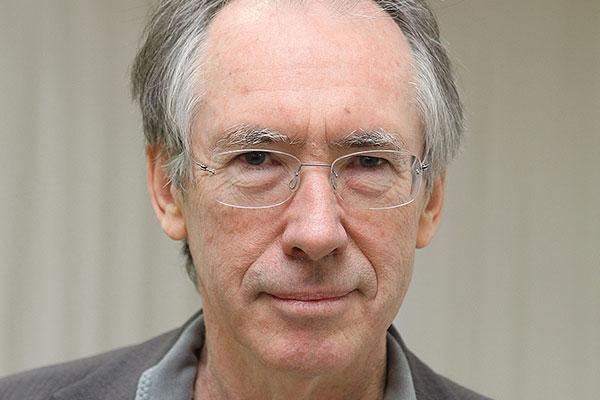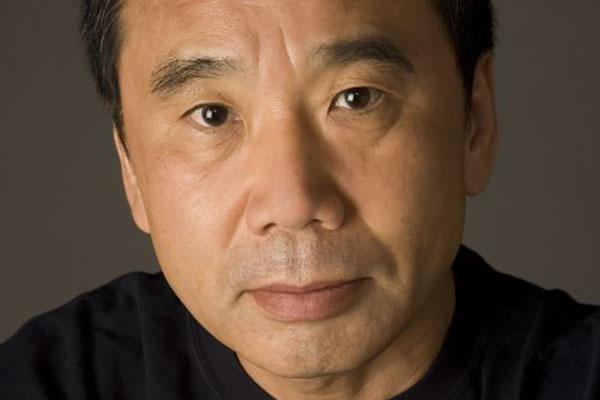Previous Winners
2021 - British Author Julian Barnes
Julian Barnes is the author of twenty-four books including, most recently, THE MAN IN THE RED COAT. He received the Man Booker Prize for THE SENSE OF AN ENDING and numerous other literary prizes including: the Somerset Maugham Award, the Geoffrey Faber Memorial Prize, the David Cohen Prize for Literature, and the E. M. Forster Award from the American Academy of Arts and Letters; the French Prix Médicis and Prux Femina; the Austrian State Prize for European Literature. In 2017 he was awarded the Légion d’Honneur by the French government. His work has been translated into more than forty languages. He lives in London.
From the Jury’s Decision:
“… Barnes’ greatness is to be found in his ability to think and express himself not only in words but in notes and keys, similes and metaphors, ruminations and silences, and to alchemize those elements into strong, glowing literature.”
Members of the jury for the 2021 Prize were Prof. Nurit Gertz (chairperson), Alit Karp and Dror Mish’ani.
2019 - American Author Joyce Carol Oates
The 2019 Jerusalem Prize was awarded to critically acclaimed American Author Joyce Carol Oates. Oates received the prize from the Mayor of Jerusalem, Moshe Lion, at the joint opening ceremony of the Jerusalem International Book Forum and the International Writers Festival of Mishkenot Sha’ananim (May 12, 2019).
From the Jury’s decision:
“With a deep and profound psychological understanding, she confronts her heroes – as well as her readers – with the ways in which people deal with internal or external demons, and their struggle defines the boundaries of the human condition. But throughout this confrontation, even in its wildest manifestations, a constant line of grace and compassion is discernible.”
Joyce carol Oates:
“I am deeply honored to be a recipient of this distinguished international literary award made to writers whose work deals with the freedom of the individual in society. In a world in which individual freedoms are under assault, the autonomy of the individual and the role of art in our lives is of great concern.”
Members of the jury for the 2019 Prize were Dr. Tamar Hess (chairperson), Dr. Omri Herzog and Prof. Shimon Adaf.
2017 - Norwegian author Karl Ove Knausgård
The 2017 Jerusalem Prize was awarded to Karl Ove Knausgård by Mayor of Jerusalem (at the time), Mr. Nir Barkat, in an official ceremony held at the YMCA hall, marking the opening of the 2017 Jerusalem International Book Fair.
Knausgård was chosen by by unanimous decision. The jury of the prize – Prof. Ruth Fine (Chair), Dr. Diana Lipton and Mr. Ioram Melcer – found many reasons to name Knausgård its recipient:
“Over a period of nearly two decades, the writing of the Norwegian novelist Karl Ove Knausgård has become a literary sensation, a phenomenon in itself. First published in 1998, this critically acclaimed and immensely popular author has managed to provoke some powerful reactions and spur debates over pivotal issues: differences of interpretation; the boundaries of social discourse; the blurred line between fiction and autobiography; and the role of the family unit in collective and individual self-perception.”
“Knausgård’s best-known project is a series of six novels, originally published in Norwegian and translated into many languages, in which the author subjects his own life to an unflinching, profound, meticulous and comprehensive literary gaze. As readers throughout the world now know it’s hard to look away.”
“For his artful craft, for his challenge to accepted notions private and public, and above all for his elevation of the ordinary lives of ordinary people, we are honored to award Karl Ove Knausgård with the 2017 Jerusalem Prize.”
2015 - Albanian author Ismail Kadare
Born in 1936, Ismail Kadare is Albania’s best-known poet and novelist. His books have been translated into 30 different languages. In 2005 he was awarded the first Man Booker International Prize for ‘a body of work written by an author who has had a truly global impact.’He is also the recipient of the 2009 Principe de Asturias de las Letras in Spain.
2013 - Spanish Author Antonio Muñoz Molina
Molina does not hesitate to wander among different literary genres and subjects, such as historic and detective novels or fantasy. His works feature somber, melancholy characters, including anonymous or famous political exiles, refugees and displaced persons who have disappeared in Fascist prisons, the Soviet gulags and Nazi extermination camps. The sympathy that Molina expresses for exiles and those who are suffering, those hurt by historic revolutions, and the virtuoso literary expression he gives them, make him one of the most important authors of our time.
2011 - British author Ian McEwan
Ian McEwan is regarded as one of the greatest British and world authors of the 20th century. His characters struggle for the right to fulfill themselves and put their ideas into action, as well as for the right to an independent existence in a changing post-World War II Europe. His protagonists experience personal and social upheavals − crises that shatter not only their private worlds, but the Western world as a whole. McEwan’s protagonists struggle for their right to give personal expression to their ideas, and to live according to those ideas in an environment of political and social turmoil.
2009 - Japanese Author Haruki Murakami
From the Jury’s Decision:
Murakami’s minimalist and lucid prose style makes him a highly accessible writer, but the full complexity of his literary world is evident even as one begins to read him (…) one of the great world authors of our generation despite his native land’s centrality to his creative work (…) In recognition of his love of people and his humanism, and out of esteem for his artistic achievements, it was unanimously decided to confer on Murakami the 2009 Jerusalem Prize.
More on Haruki Murakami:
https://en.wikipedia.org/wiki/Haruki_Murakami
Earlier Years Winners
- 2007 – Leszek Kolakowski
- 2005 – Antonio Lobo Antunes
- 2003 – Arthur Miller
- 2001 – Susan Sontag
- 1999 – Don DeLillo
- 1997 – Jorge Sémprún
- 1995 – Mario Vargas Llosa
- 1993 – Stefan Heym
- 1991 – Zbiegniew Herbert
- 1989 – Ernesto Sabato
- 1987 – J. M. Coetsee
- 1985 – Milan Kundera
- 1983 – V. S. Naipaul
- 1981 – Graham Green
- 1979 – Sir Isaiah Berlin
- 1977 – Octavio Paz
- 1975 – Simone de Beauvoir
- 1973 – Eugene Ionesco
- 1971 – Jorge Luis Borges
- 1969 – Ignazio Silone
- 1967 – André Schwarz-Bart
- 1964 – Max Frisch
- 1963 – Bertrand Russell


